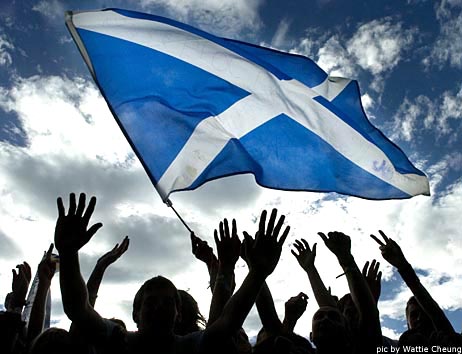Croatians - and their government - have reacted with shock and outrage over the sentencing in the Hague last week of two former generals for crimes against humanity committed over fifteen years ago by troops they commanded.
Ante Gotovina and Mladen Markac were sentenced last week to 24 and 18 years respectively, after being found guilty of orchestrating a campaign of murder and looting that led to the expulsion of some 200,000 Serbs from the Krajina region of Croatia in August 1995.
Operation Storm, conducted by Croatian troops, was heavily supported by the United States. It lasted just four days and is seen as a turning point in Croatia’s war of independence.
Along with the mass expulsions, the operation resulted in the deaths of three hundred Serb civilians by artillery fire and extra-judicial killings.
The International Criminal Tribunal for the former Yugoslavia (ICTY) said the "the Croatian military committed acts of murder, cruel treatment, inhumane acts, plunder, persecution and deportation."
See UN news service report here.
It added the Croatian leadership had engaged, along with late president of Croatia, Franjo Tudjman, in “a joint criminal enterprise” whose aim - during and after the operation - was to forcefully and permanently remove the Serb population from Croatia.
Tudjman died in 1999 as prosecutors at The Hague were planning his indictment.
The judges said the generals abused their power by failing to prevent further crimes against vulnerable victims.
Judge Alphons Orie, who presided over the trial, said that the case was not about the legality of resorting to and conducting war.
"This case was about whether Serb civilians in the Krajina were the targets of crimes and whether the accused should be held criminally liable for these crimes," he stressed.
The Croation government, which has funded the generals’ defence, slammed the sentences as “unacceptable” and vowed to support their appeals.
Tens of thousands of Croats demonstrated against the verdict in the capitol Zagreb Sunday, chanting slogans against the EU. There were also protests by Croatian expatriates, with 4,000 marching in Australia.
According to the New York Times, US military advisors helped plan the offensive against Serb forces and trained Croatian forces, and US drones over flew the region providing intelligence.


